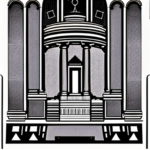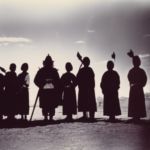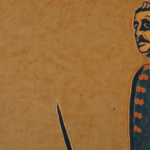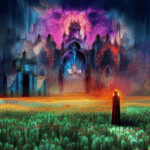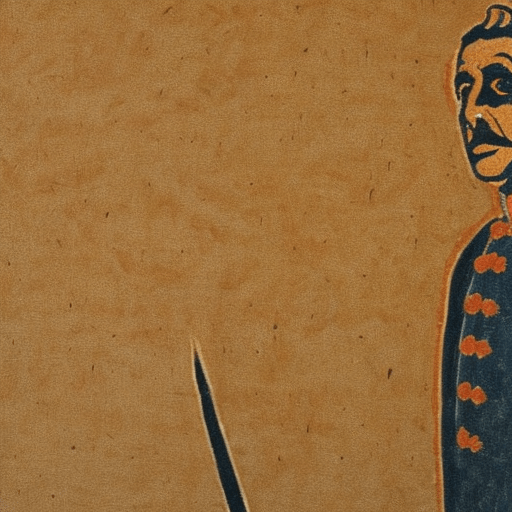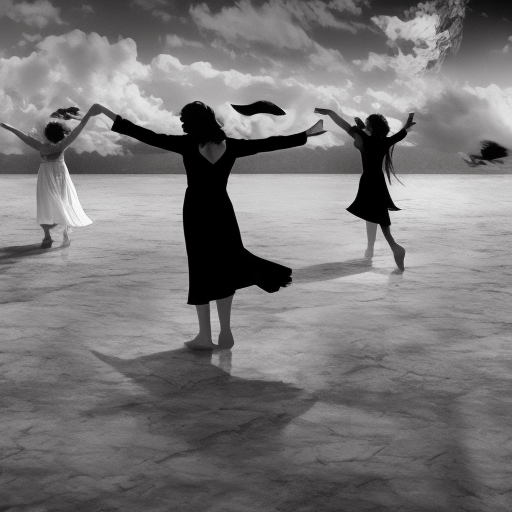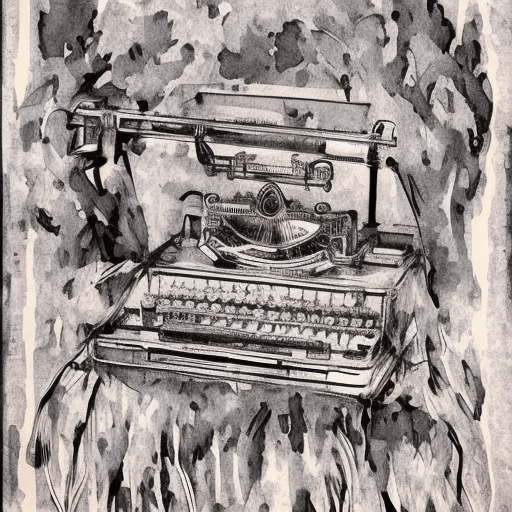Summary of “Don Camillo” by Julien Duvivier
One-line Summary:
“Don Camillo” is a heartwarming comedy-drama that follows the amusing and poignant clashes between a hot-headed priest and a communist mayor in a small Italian village.
Main Cast and Crew:
- Director: Julien Duvivier
- Writers: Julien Duvivier, René Barjavel, Giuseppe Berto
- Key Actors: Fernandel as Don Camillo, Gino Cervi as Peppone, Franco Interlenghi as Mariolino
- Music Director: Alessandro Cicognini
- Director of Photography: Anchise Brizzi
- Producers: Angelo Rizzoli, Giuseppe Amato
Plot:
In the small Italian village of Brescello, Don Camillo, a hot-tempered Catholic priest, constantly clashes with Peppone, the communist mayor. Their ideological differences lead to humorous and sometimes heated confrontations. Don Camillo, known for his fiery sermons, often finds himself at odds with Peppone’s progressive policies. However, beneath their constant bickering, there is a deep-rooted respect and friendship between the two men.
The film follows the misadventures of Don Camillo and Peppone as they navigate the challenges of their roles in the village. Don Camillo’s strong faith and willingness to bend the rules often clash with Peppone’s pragmatic approach. Their rivalry takes a hilarious turn when they engage in a series of pranks and schemes to outwit each other.
Amidst the political and religious conflicts, the film also explores the personal lives of the characters. Don Camillo’s compassion extends beyond the church as he helps the poor and downtrodden, while Peppone struggles to balance his political ambitions with his responsibilities as a father. The film delves into the complexities of human nature, highlighting the importance of understanding and empathy.
Themes and Motifs:
At its core, “Don Camillo” explores the themes of tolerance, forgiveness, and the power of friendship. The film emphasizes the need for individuals to put aside their differences and work together for the greater good. It also examines the clash between tradition and progress, highlighting the challenges faced by a changing society.
The motifs of religion and politics are intricately woven throughout the film. The contrasting ideologies of Don Camillo and Peppone serve as a backdrop for the larger themes, providing a rich and thought-provoking narrative.
Reception and Legacy:
Upon its release in 1952, “Don Camillo” received critical acclaim for its engaging storytelling and exceptional performances. The film’s success led to several sequels and adaptations, solidifying its place in cinema history. It won the Silver Ribbon for Best Original Story and was nominated for the Golden Lion at the Venice Film Festival.
“Don Camillo” remains a beloved classic, cherished for its timeless humor and touching portrayal of friendship. Its enduring legacy lies in its ability to entertain and inspire audiences with its universal themes and relatable characters.
Recommendation:
“Don Camillo” is a delightful film that seamlessly blends comedy and drama. It offers a captivating story, memorable performances, and a heartfelt exploration of human relationships. Whether you are a fan of classic cinema or simply looking for an entertaining and thought-provoking film, “Don Camillo” is a must-watch.
Memorable Quote:
“Don Camillo: “Lord, give me the strength to change the things I can change, the patience to accept the things I cannot change, and the wisdom to know the difference.”

